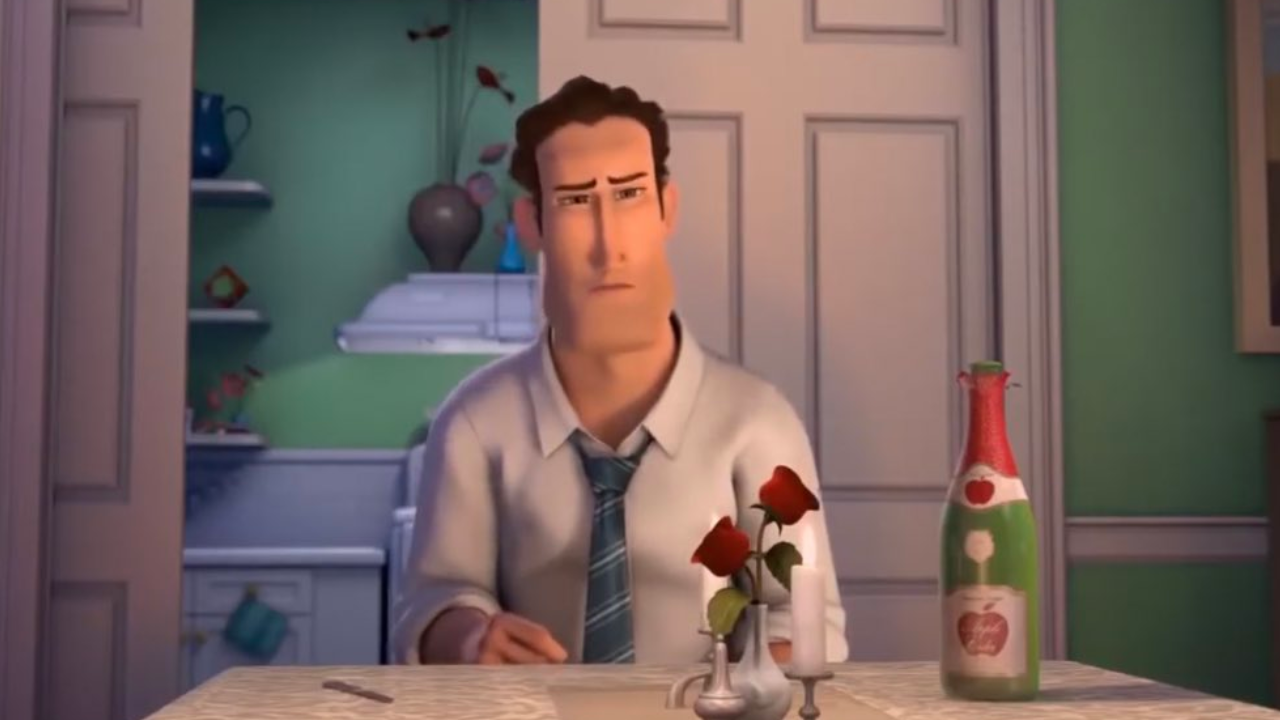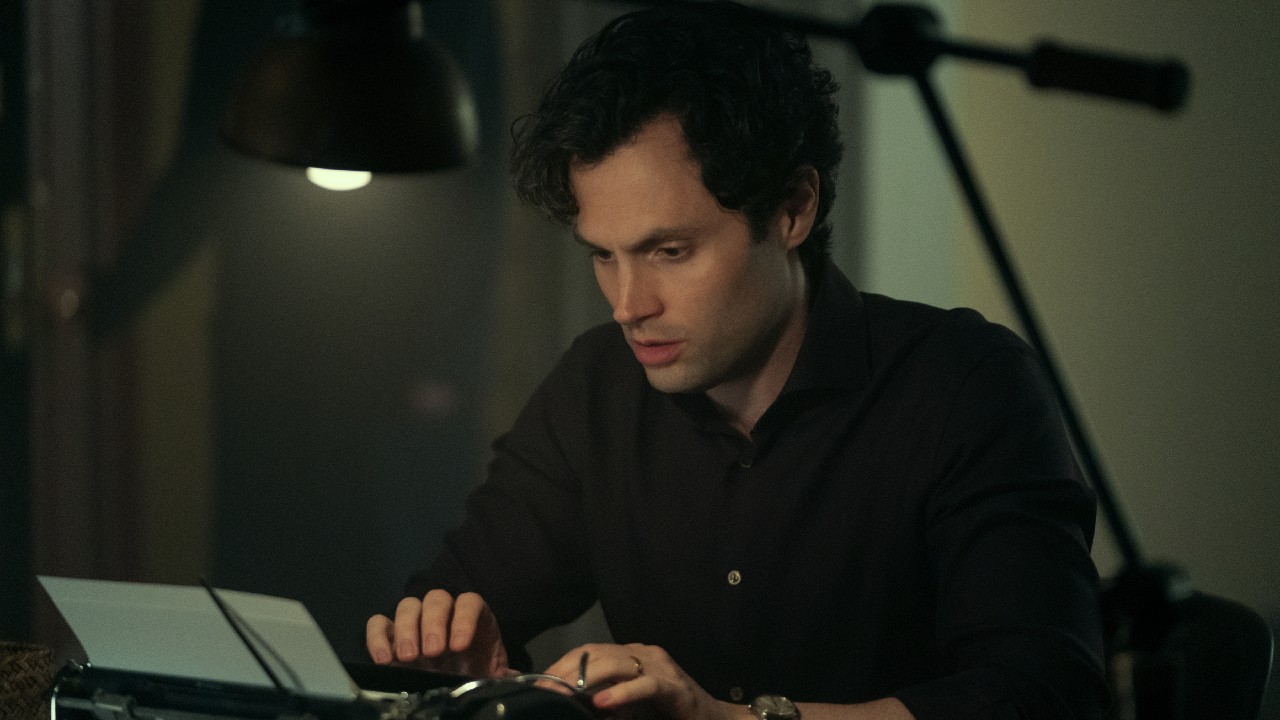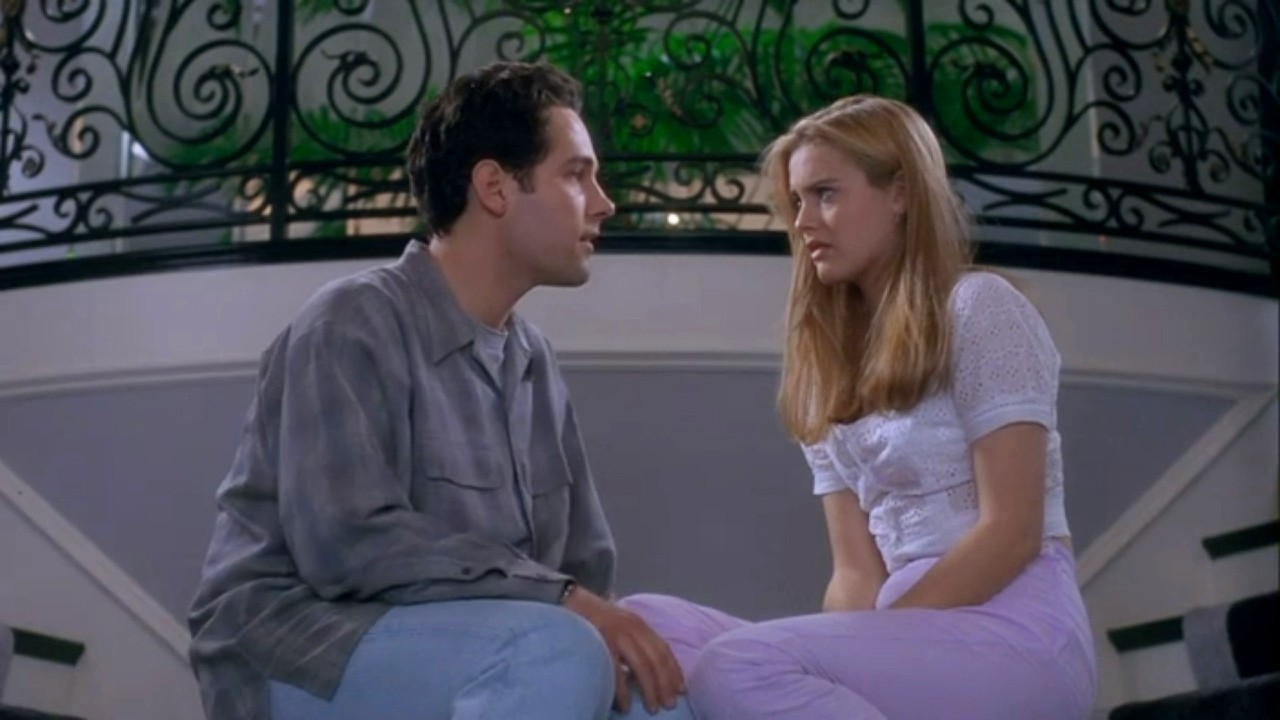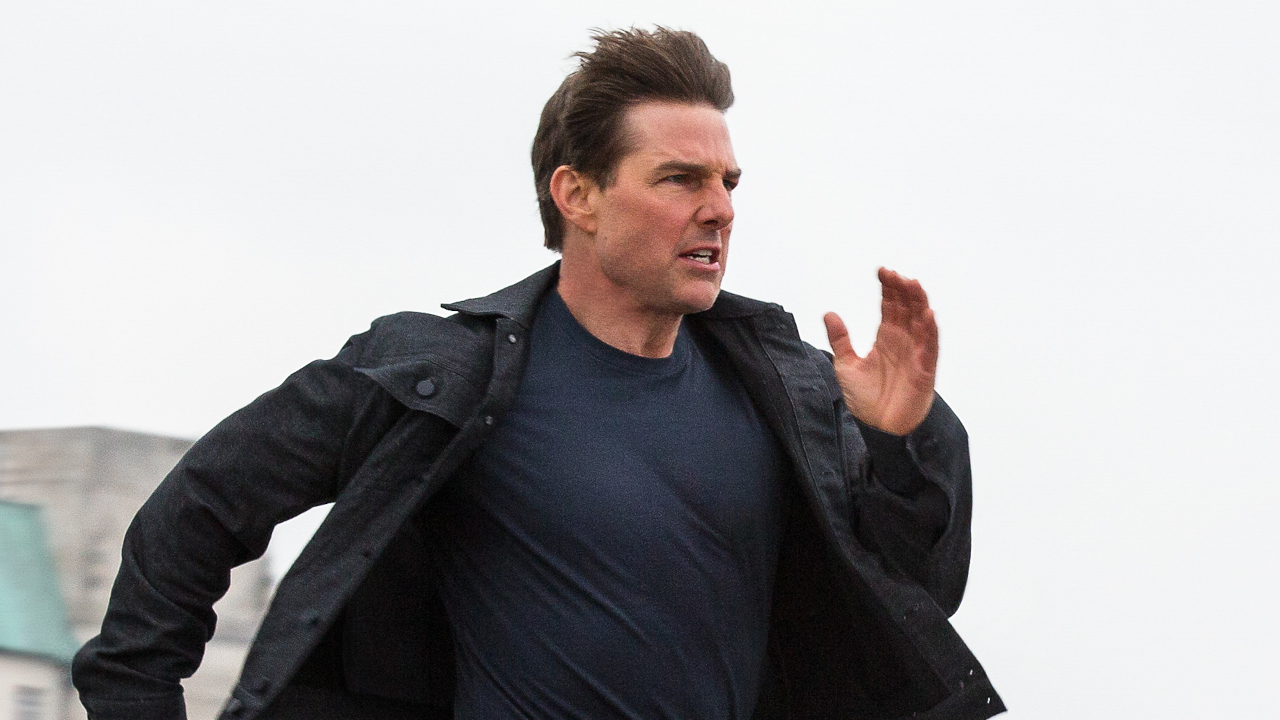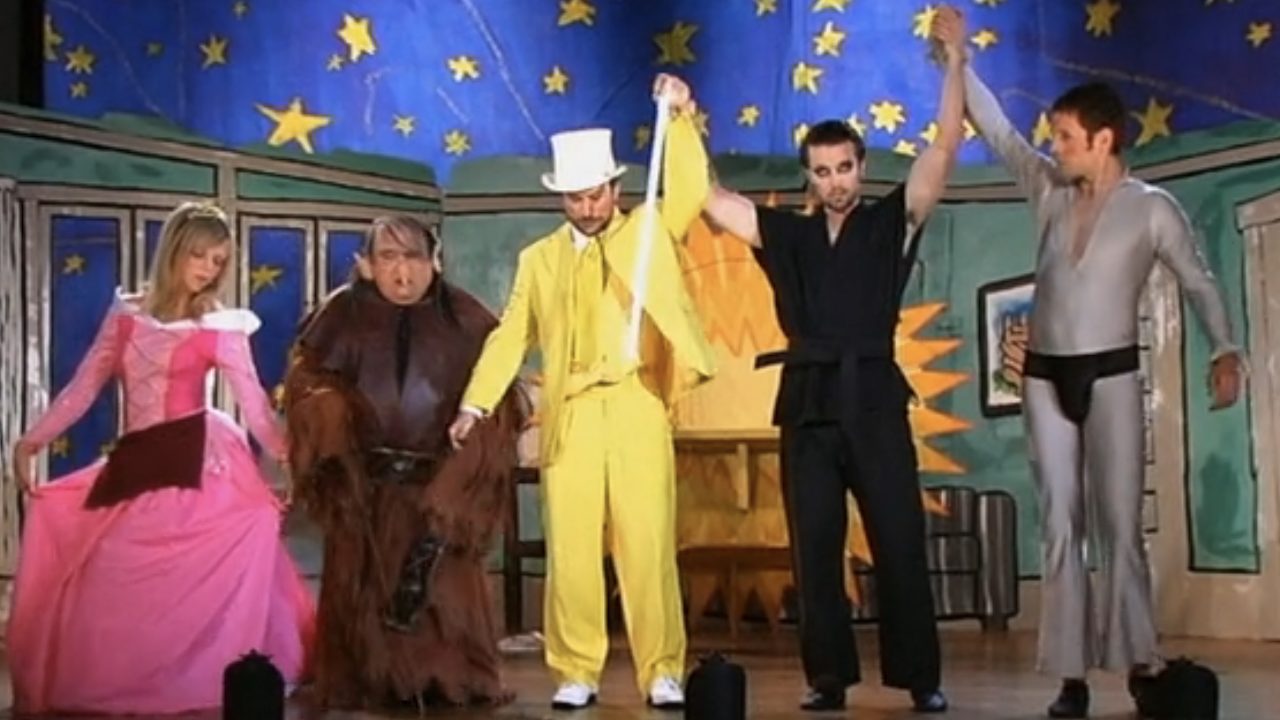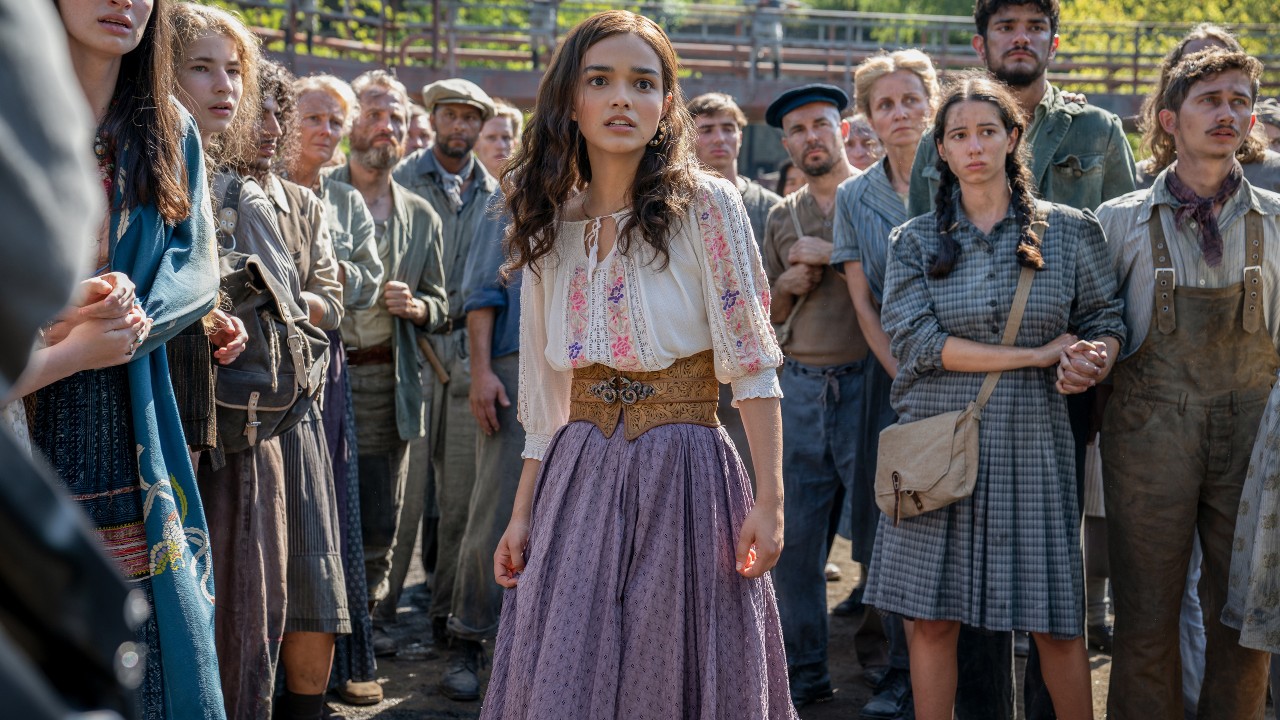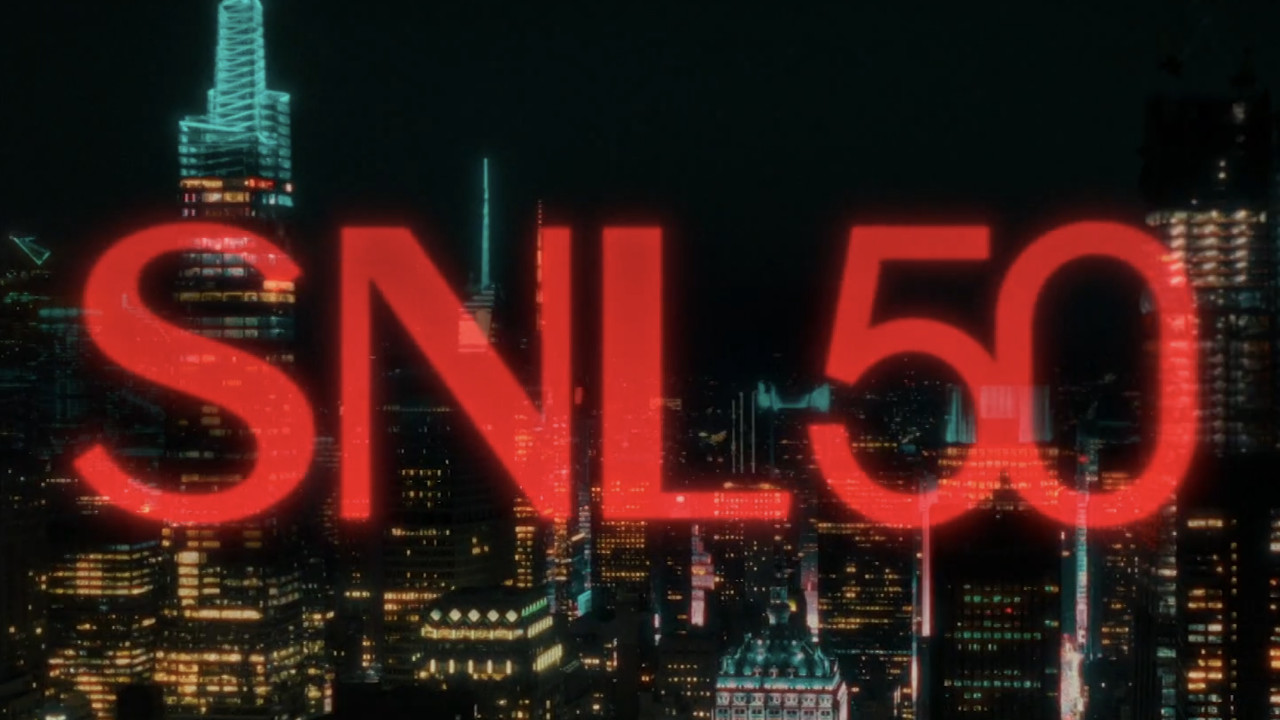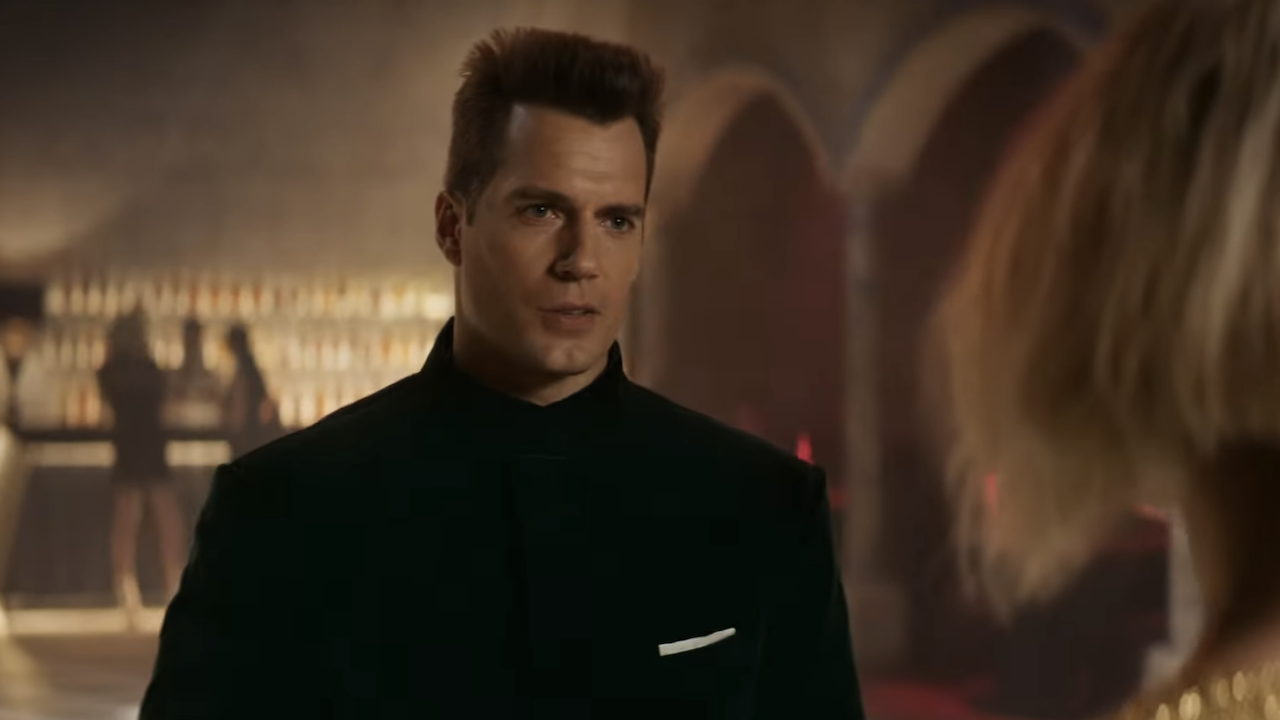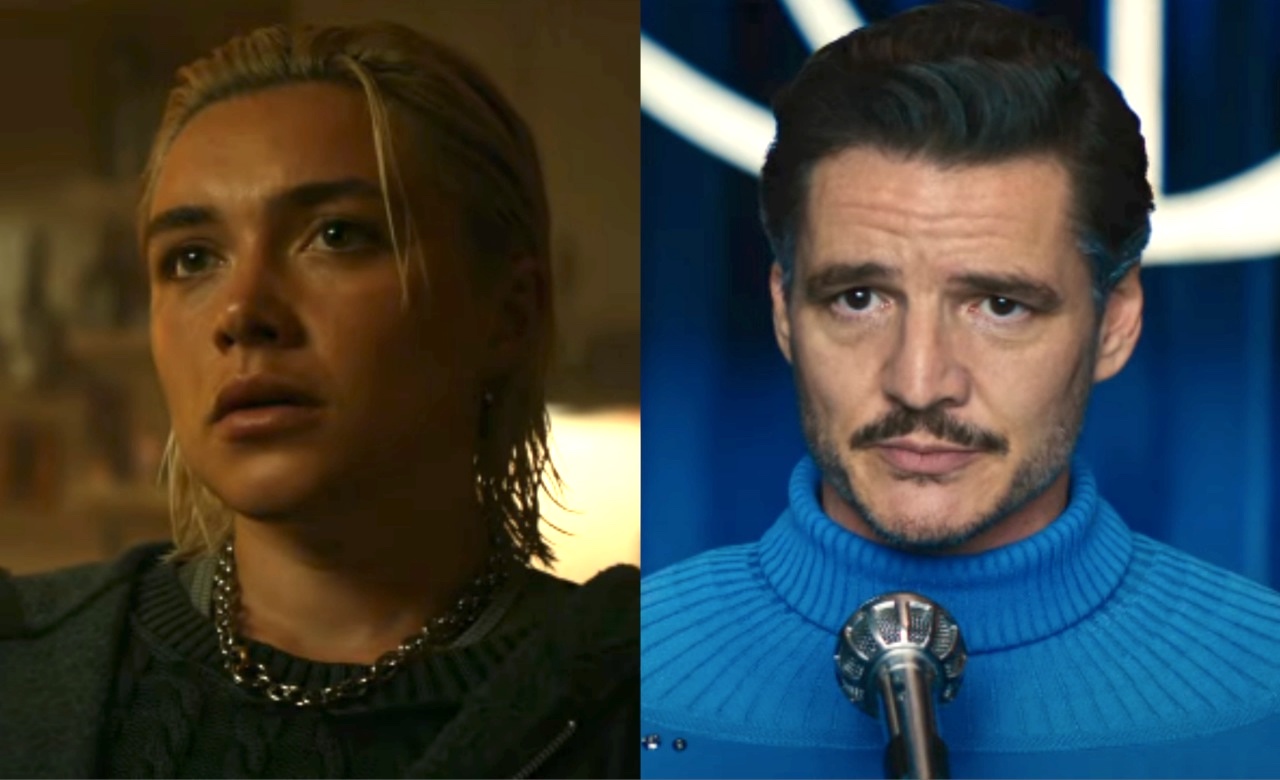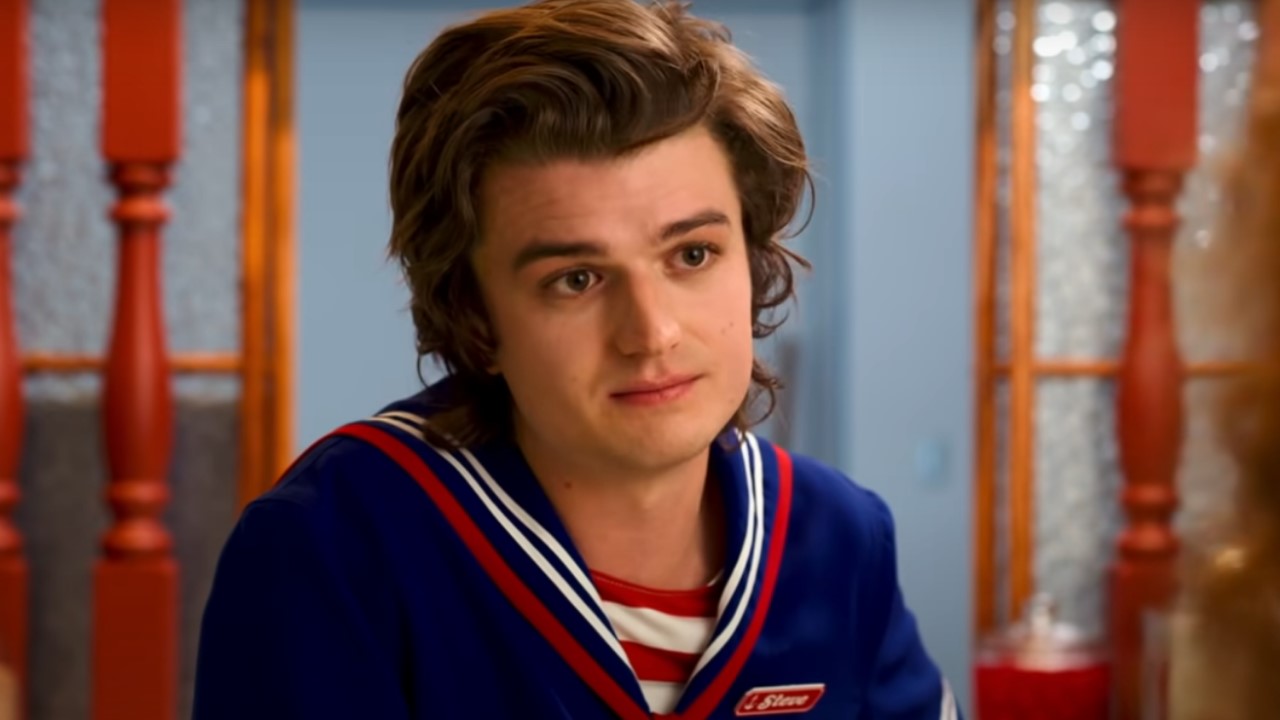Why Power Rangers Should Have Been A TV Reboot
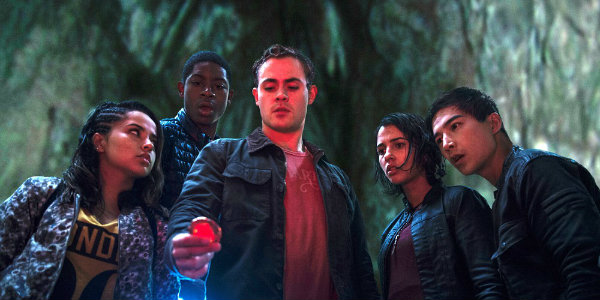
This weekend was a phenomenal time for 1990s kids that grew up with a geeky side, as Dean Israelite's big screen reboot Power Rangers finally debuted in theaters, and it served as a genuine love letter to an iconic TV series -- complete with enough Easter eggs and cameos to drive us wild. It's been decades since Mighty Morphin Power Rangers first aired, and this movie has completely reminded us why we fell in love with the show in the first place.
However, as much as we like Dean Israelite's newly released Power Rangers reboot, it's hard to shake the feeling that it might've been better as a small screen project. On that note, we have taken it upon ourselves to compile a list of reasons why Power Rangers should've been conceived as a TV reboot from the very beginning. Check out our arguments, and let us know what you think in the comments section below. Now, without further delay-zords, let's kick this list off with what separates the Power Rangers from other superhero teams: its leader-free ensemble nature.
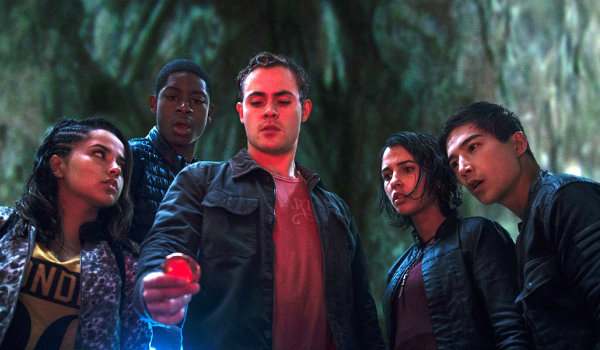
TV Works Way Better For An Ensemble
Although Power Rangers' big screen effort does an incredibly commendable job of balancing the sheer number of charming personalities on the titular team, the fact of the matter is that some characters do fall by the wayside as the story progresses. Jason, Kimberly, and Billy are the primary focus of the film, while Trini and Zack get only a few key moments to shine. That's an issue that a lot of ensemble-oriented superhero movies contend with these days, but as it's already been established in real life, a TV series centering on the Power Rangers wouldn't have that issue.
With considerably more story real estate to work with, a TV update could easily flesh out each of these characters over the course of a season and give the audience very specific reasons for empathizing with each of them. That's what made the original series work so well in the first place.
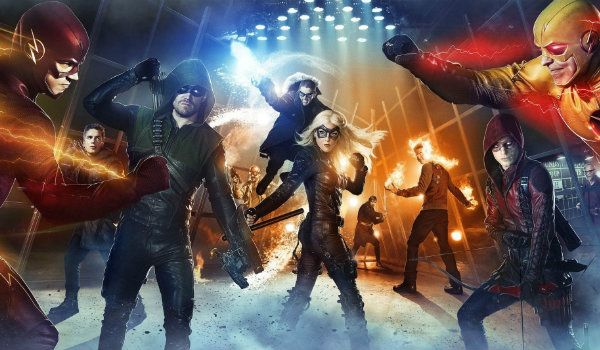
Modern Superhero TV Means Power Rangers Can Work Unironically
Superhero TV shows have been around for a long time, but it was the Arrow-verse that legitimized the genre on the small screen, and while there are still moments of enjoyable camp, this isn't Adam West's Batman, or even Smallville. TV superhero shows take themselves incredibly seriously nowadays, and special effects have finally evolved to the point in which they can convincingly be depicted on a weekly basis in a way that's neither super-serious nor super-corny.
Although Power Rangers obviously benefits from a movie-sized budget, there's an easy case to be made that the overall tone and style of this movie feels more in line with what we see in shows like The Flash and Legends of Tomorrow than the Marvel Cinematic Universe or the DCEU. Mighty Morphin Power Rangers debuted during an era when small screen superheroes needed camp (and a preteen demographic) to survive, but that time has passed.
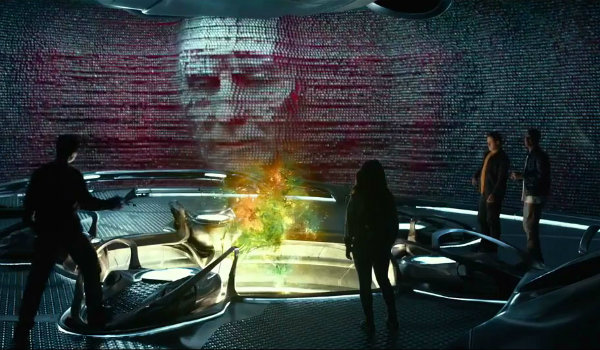
TV Offers More Opportunity For Serialized Storytelling
The entire Power Rangers mythos has nearly always predicated itself on the idea that we watch these teenagers grow and evolve as characters throughout the duration of their time as Rangers. That's what made the arc of a kid like Tommy Oliver so fun to watch over the course of 20 years. However, the Power Rangers movie franchise doesn't necessarily lend itself to that type of serialized storytelling because none of these characters are likely going to headline solo spinoff movies that continue to flesh out this world outside of team-based adventures.
CINEMABLEND NEWSLETTER
Your Daily Blend of Entertainment News
By contrast, if Power Rangers had been rebooted as a TV series, then entire seasons worth of A, B, and C storylines could've been devoted to fleshing out every aspect of this Power Rangers world. The movie does it's best to expand upon the world that we already know, but the medium has limitations.
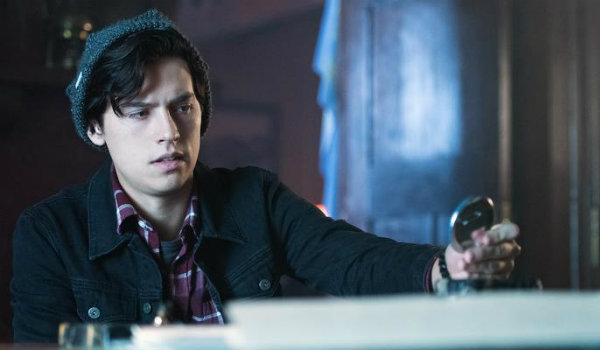
Gritty Teen Drama Is Now A Staple Of Primetime Television
If you have any doubts that a darker and grittier version of Power Rangers could work on the small screen, then look no further than Riverdale (or any other teen drama from The CW) for evidence to the contrary. It is no secret that Power Rangers leans heavily into its John Hughes influence as a way to change itself and make a distinction from the campier 1990s series, and while there's nothing inherently wrong with using that format on the silver screen, dark teen-oriented dramas have inarguably become a staple of the television world.
In an era where shows like Riverdale, The Vampire Diaries, and Teen Wolf are all insanely popular among fans, there's a very clear precedent for the overarching tone and style of Dean Israelite's Power Rangers to work wonders on the weekly TV landscape.
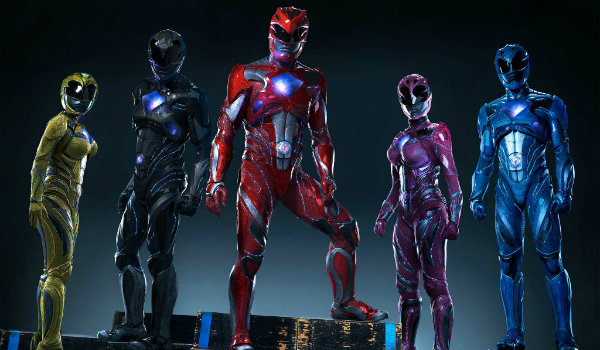
Power Rangers Doesn't Require A-List Actors
Building on the previously mentioned importance of Power Rangers as an ensemble-oriented series, it's also worth pointing out that Power Rangers isn't necessarily a property that requires A-list talent. The brand itself is the star, and a TV series could easily bring unknown actors onboard to headline the entire affair. This would not only allow Power Rangers to thrive on a television budget, but it would also allow a potential series based on the teenagers-with-attitude to remain incredibly faithful to the overarching style of the original Mighty Morphin Power Rangers series.
This is important for many reasons, with one notable point being that a Power Rangers TV show could keep its actors hidden under their masks whenever they suit up as the titular team of superheroes, which is something that A-list fronted superhero projects often fail to do.
You can currently catch Power Rangers in theaters, and you can head to our midseason premiere guide and our summer TV schedule to see what else the small screen has to offer in the future.
Originally from Connecticut, Conner grew up in San Diego and graduated from Chapman University in 2014. He now lives in Los Angeles working in and around the entertainment industry and can mostly be found binging horror movies and chugging coffee.

